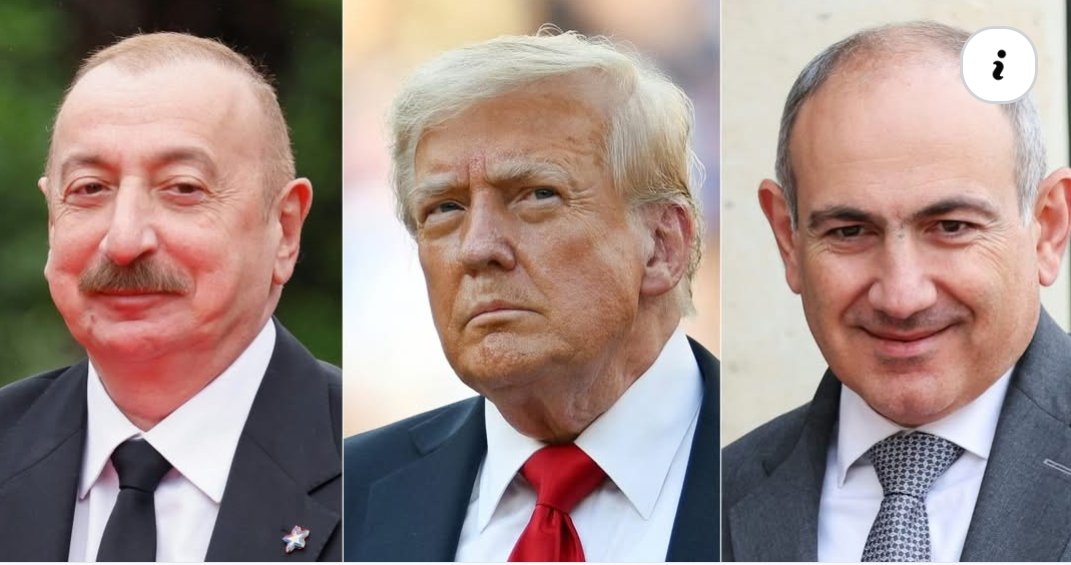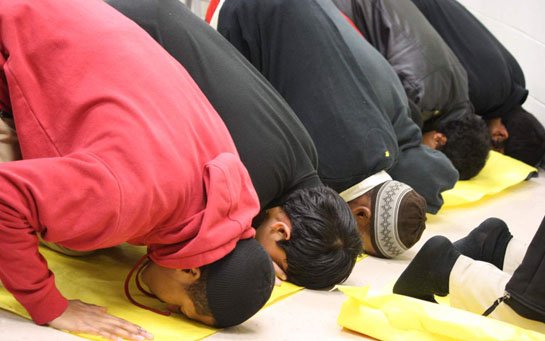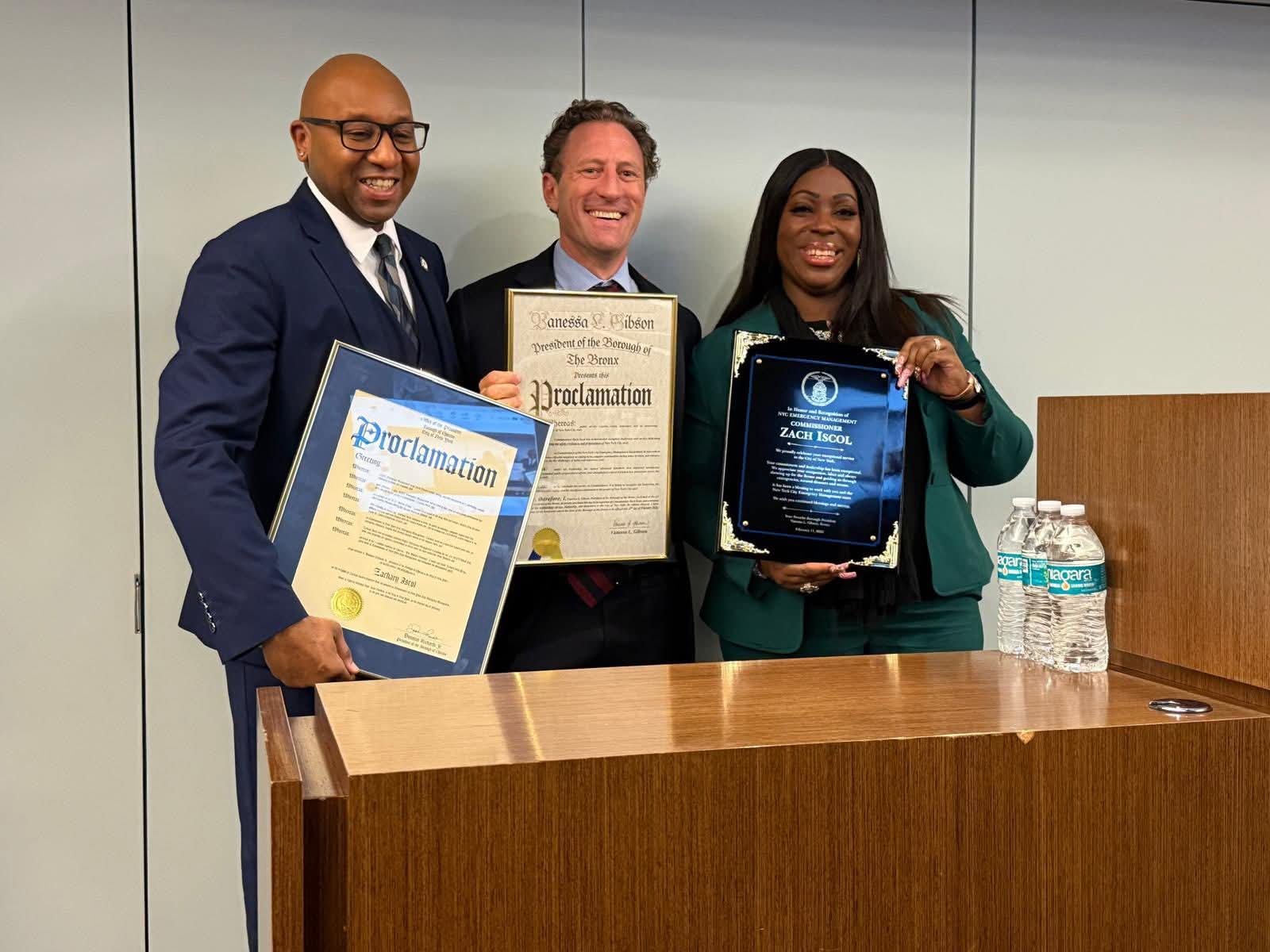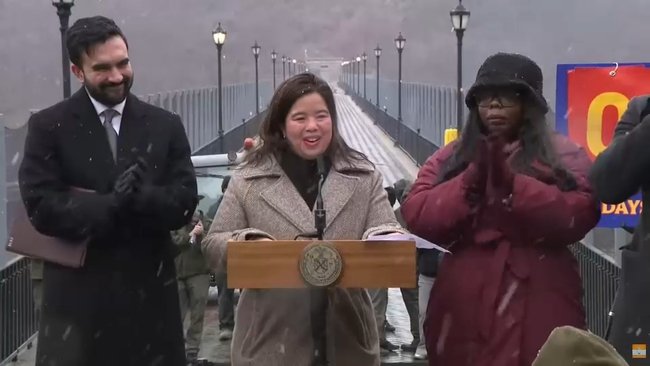
President Donald Trump on Friday hosted the leaders of Azerbaijan and Armenia for the signing of a joint peace declaration aimed at ending nearly four decades of hostilities between the two former Soviet republics.
The agreement—described by Trump as a “peace deal”—grants the United States exclusive rights to develop a strategic transit route through Armenia’s Zangezur corridor, linking Azerbaijan to its exclave and the Nagorno-Karabakh region. The route, a key geopolitical prize, will be officially named the Trump Route for International Peace and Prosperity (TRIPP). U.S. officials say it marks a major setback for Russian and Iranian influence in the South Caucasus, a region central to global trade and energy flows.
“It’s a long time,” Trump said at the ceremony. “Thirty-five years they fought and now they’re friends and they’re going to be friends for a long time.” He added that the corridor would allow Azerbaijan full access to Nagorno-Karabakh while “respecting Armenia’s sovereignty” and enabling U.S. development for “up to 99 years.” “They’re going to be able to really live and work together,” he said.
The conflict between Armenia and Azerbaijan dates back to 1988, with tens of thousands killed during the early 1990s and another 6,000 in the 2020 war. Russia brokered a ceasefire in 2020, but its sway weakened after its 2022 invasion of Ukraine. In 2023, Azerbaijani forces retook Nagorno-Karabakh, displacing about 100,000 ethnic Armenians.
Ahead of Friday’s signing, Azerbaijani President Ilham Aliyev and Armenian Prime Minister Nikol Pashinyan jointly requested that the Organization for Security and Co-operation in Europe disband the Minsk Group—long tasked with resolving the dispute but widely seen as ineffective.
Trump promoted the deal on Truth Social, saying, “Many Leaders have tried to end the War, with no success, until now, thanks to ‘TRUMP.’” While the declaration is not legally binding, both leaders pledged to uphold it. “There should be no doubt and no suspicion that any of the sides would step back,” Aliyev said. “What has happened today will result in peace—long-lasting peace, eternal peace in the Caucasus.”
The arrangement adds to other agreements Trump has helped broker this year, including a tentative peace between the Democratic Republic of Congo and Rwanda, and a trade deal resolving tensions between Cambodia and Thailand. Both Aliyev and Pashinyan pledged to nominate Trump for the Nobel Peace Prize. “Who, if not President Trump, deserves the Nobel Peace Prize?” Aliyev asked.
White House officials said the deal will expand U.S. energy, technology, and economic cooperation in the region. “The losers here are China, Russia and Iran. The winners here are the West,” a senior official said. Trump predicted “significant infrastructure development by American companies” that would “economically benefit all three of our nations.”








